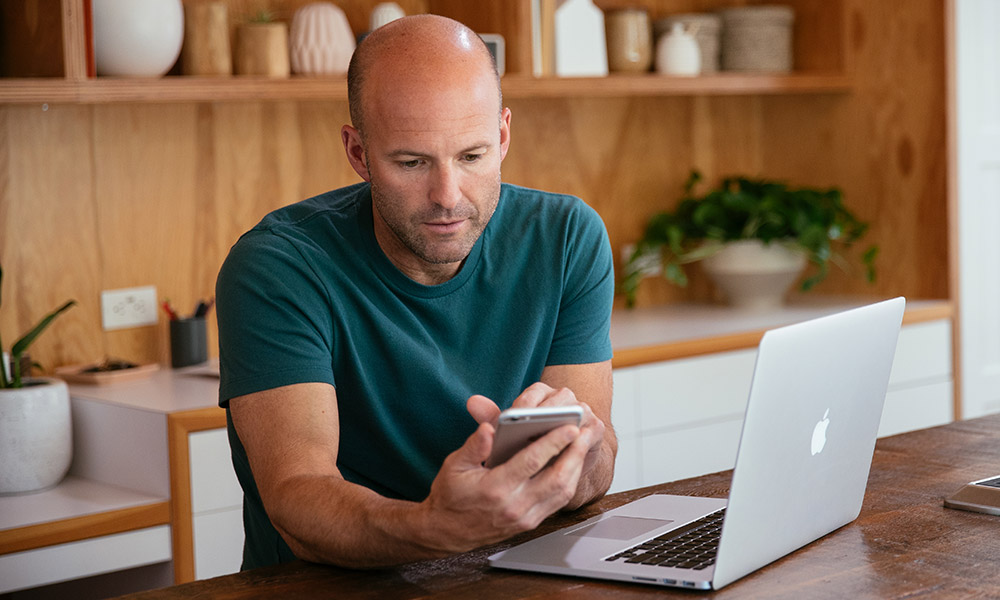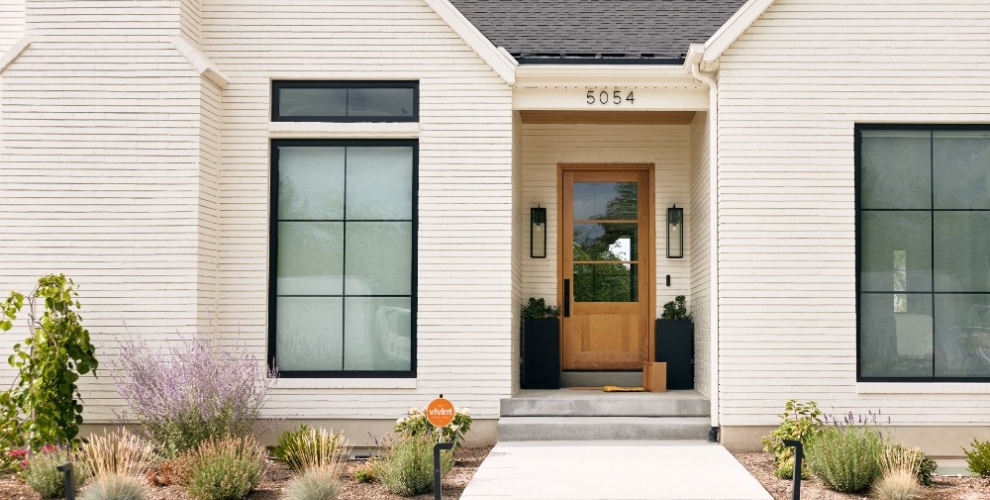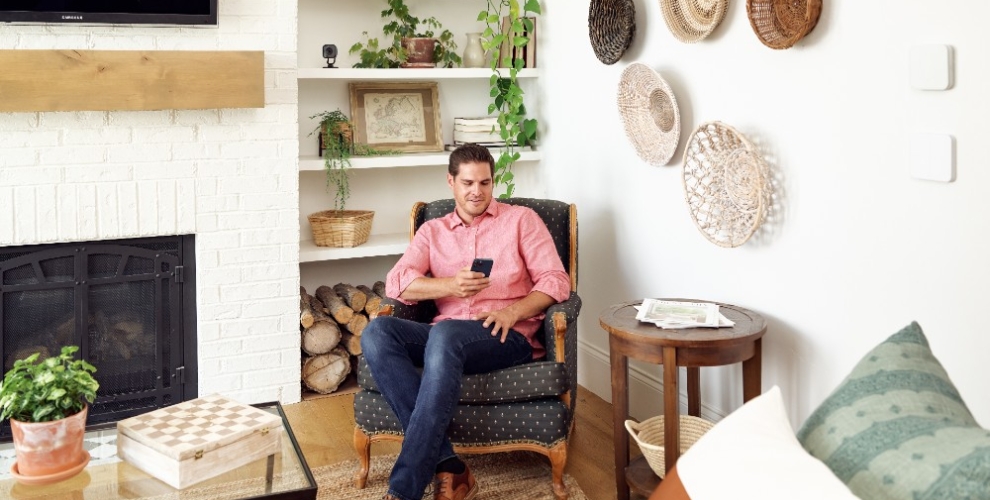
Do you have the same password for most of your accounts? Well, it's time to change things up. Having different passwords means that in the event of a security breach, you're more protected — the hacker may be able to access one system, but not all of them.
Here are four reasons why you need to add some diversity to your password strategy:
1. Having the same password is like having one key that opens every door.
If your password is the same on multiple sites, and someone gets access to one of them, it won't take long for them to find out that the password works in other places as well. This can be especially troublesome if those websites house your personal information, such as your bank account PINs and access numbers, your Social Security number and other sensitive material.
Essentially, if you're using the same password in numerous places, the best-protected sites only becomes as secure as the weakest site for which you have the same login information. The portal to your home security system is just as easy to access as your online TV streaming service.
2. Stronger, diversified passwords make security breaches more difficult.
The more different passwords you have, the harder it will be to hack all or many of your accounts. You can add another layer of protection by making sure every password is strong. Each should contain a minimum of 12 characters and be randomly generated from an online site, or you can use a pass phrase that's at least four words long.
3. It's not hard to remember them all.
One of the most common reasons why people are hesitant to create new passwords is that they think they'll have trouble remembering them all. However, with new technological advances, there's now an app for that. A number of platforms can store all your passwords, help you change weak or duplicate passwords to improve your online security and make it easier for you to sign into your online accounts securely.
4. It can affect more than your online accounts.
Nowadays, it's not just our online accounts we need to be worried about. Thanks to home automation, it's easier than ever to connect your home and appliances and remotely access them via a computer or mobile device. If a password you use elsewhere is compromised, and it's the same one you use for your smart home, your home itself could be at risk.
Be smart about how you generate and manage every password. Create different options, and try to never use the same one twice. It may take a little extra work, but is the alternative really worth the risk?
Learn more about keeping your smart home secure by getting in touch with Vivint today.


